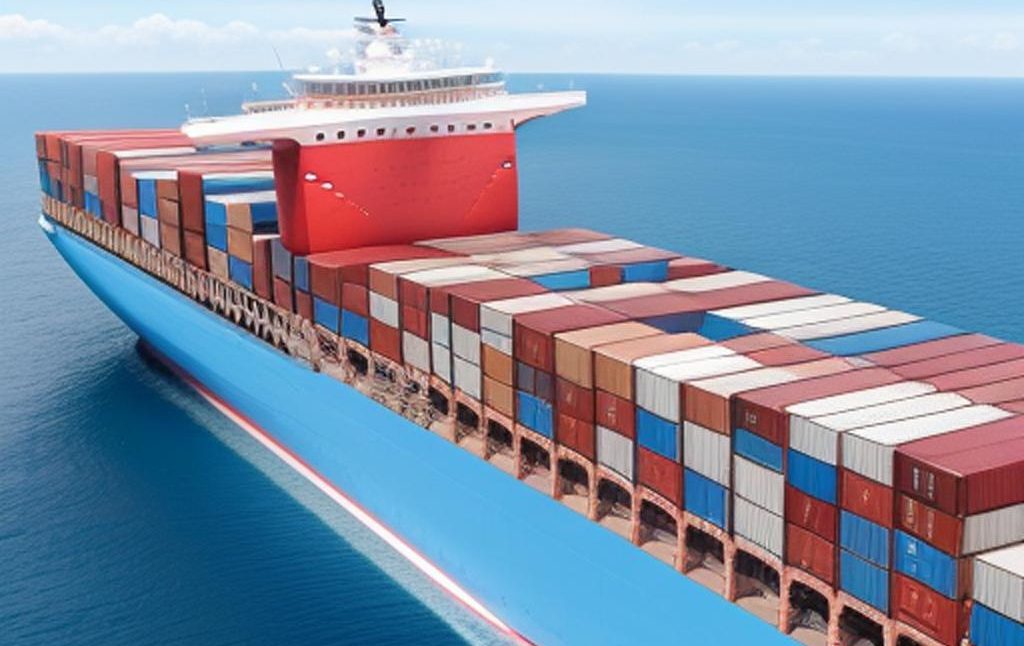In the dynamic landscape of modern business, companies often find themselves at a crossroads regarding expansion and strategic development. One…
“The Earth’s Surface: Specializing In IMCO Cargo”
In the dynamic world of international trade, transporting goods across oceans is pivotal in ensuring seamless supply chains. One crucial…
“The Significance Of Cross Stuffing In Shipment”
In the complex world of international shipping, transporting hazardous materials requires innovative strategies to ensure safety and compliance. One such…
“A Closer Look At Expedited Services”
In today’s fast-paced business world, it is more important than ever to have efficient and prompt delivery. Companies are constantly…
Navigating the Logistics Landscape with Precision
An NVOCC, or Non-Vessel Operating Common Carrier, is a type of freight forwarder that does not own or operate any vessels, but instead acts as an intermediary between shippers and carriers. NVOCCs consolidate small shipments from multiple customers into full container loads for ocean shipping. They also handle documentation, customs clearance, and other logistics services.
On the other hand, freight forwarders are companies that specialize in arranging the storage and shipping of goods on behalf of their shippers. They may use a variety of carriers, including air, ocean, rail, and trucking companies, to move their customers’ freight.
The main difference between NVOCCs and traditional freight forwarders is that NVOCCs have their own bill of lading and can issue their own house bills of lading, while traditional freight forwarders do not have this capability. This means that NVOCCs have more control over the transportation process and can offer more competitive rates to their customers.
Overall, both NVOCCs and traditional freight forwarders play a crucial role in the global supply chain, helping to move goods efficiently and cost-effectively from one location to another.
Hello world!
Welcome to WordPress. This is your first post. Edit or delete it, then start writing!





